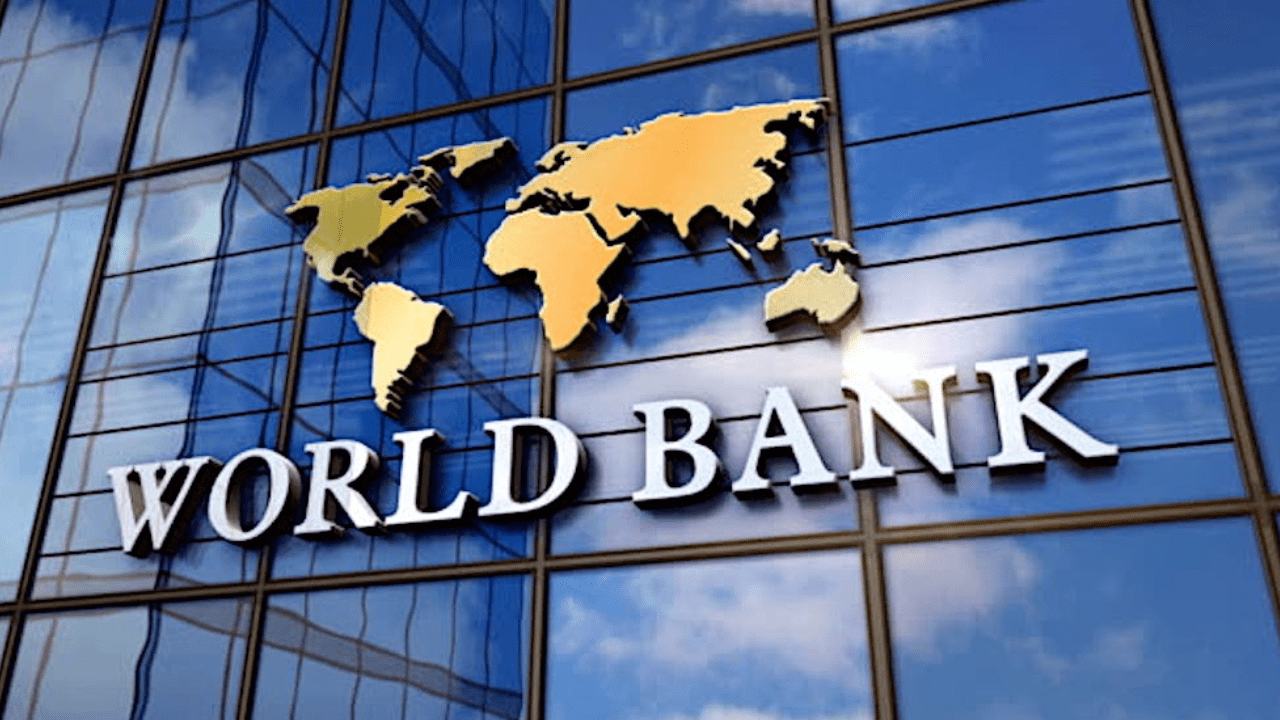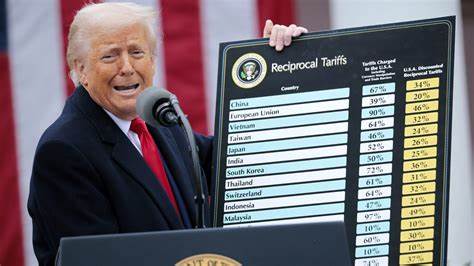Data unveiled during the Nigeria Development Update (NDU) presented a stark reality: despite the Federal Government’s pledge to support low-income households with a monthly cash transfer of N25,000, a mere 0.1% of the targeted beneficiaries have received payments.
In a presentation by World Bank’s Lead Economist for Nigeria, Alex Sienaert, the disbursement to 1.5 million households falls short of the 15 million intended beneficiaries.
Join our WhatsApp ChannelSienaert highlighted the critical nature of this program, given the widespread hardship in Nigeria, exacerbated by policy changes like the removal of fuel subsidies.
Moreover, concerns loom over the exclusion of millions from this program due to the lack of National Identity Numbers (NIN). 9.66 million individuals may face disqualification if they fail to secure their NIN, according to recent reports.
READ ALSO: Debt Servicing: How High-Interest Rates Threaten Nigeria, Tanzania, Others’ Investments – World Bank
The Federal Government’s emphasis on NIN registration as a prerequisite for the cash transfer program adds a layer of complexity and potential exclusion for the most vulnerable.
The Central Bank of Nigeria’s decision to place accounts without BVN and NIN on a “Post no Debit” status from April 2024 further underscores the urgency for beneficiaries to comply with identity registration requirements. This move, as stated by the CBN, aims to ensure financial stability in the country.
As the government navigates challenges of exclusion and a slow disbursement process, the fate of millions of impoverished households remains uncertain, raising concerns about the efficacy and reach of this ambitious cash transfer initiative.
Emmanuel Ochayi is a journalist. He is a graduate of the University of Lagos, School of first choice and the nations pride. Emmanuel is keen on exploring writing angles in different areas, including Business, climate change, politics, Education, and others.


















Follow Us